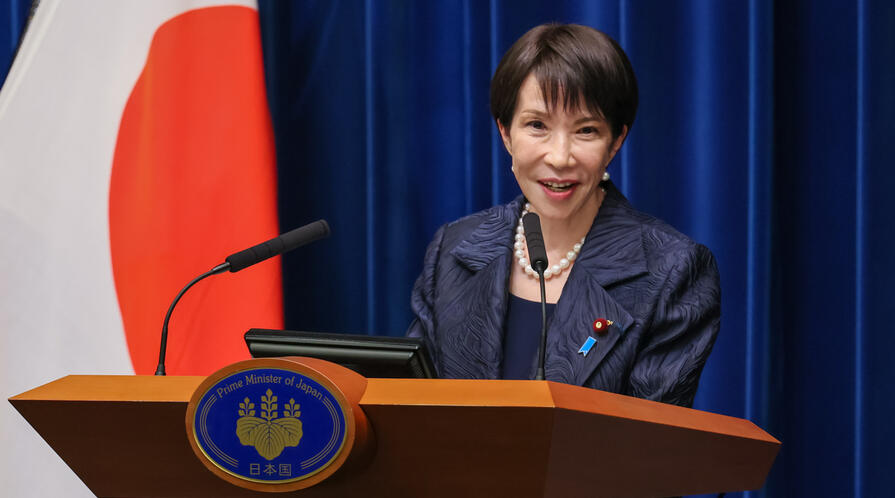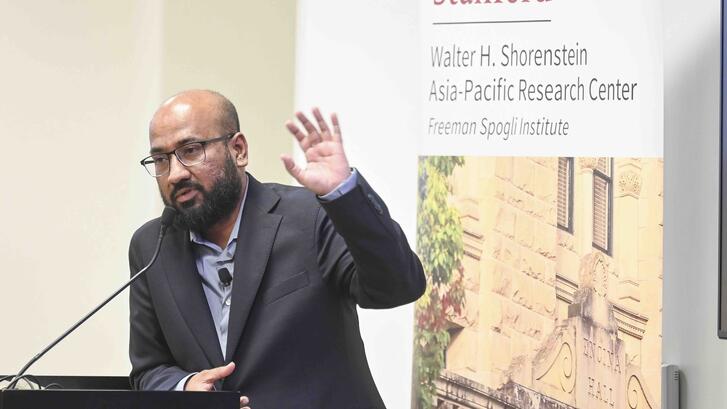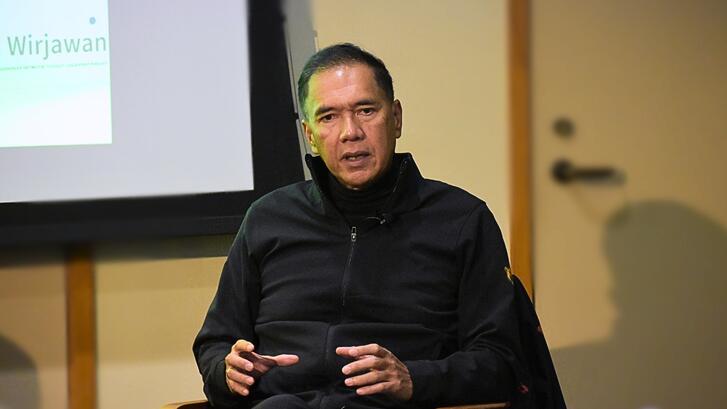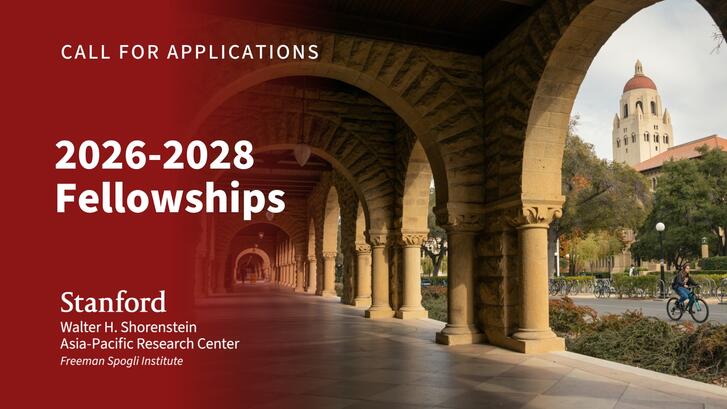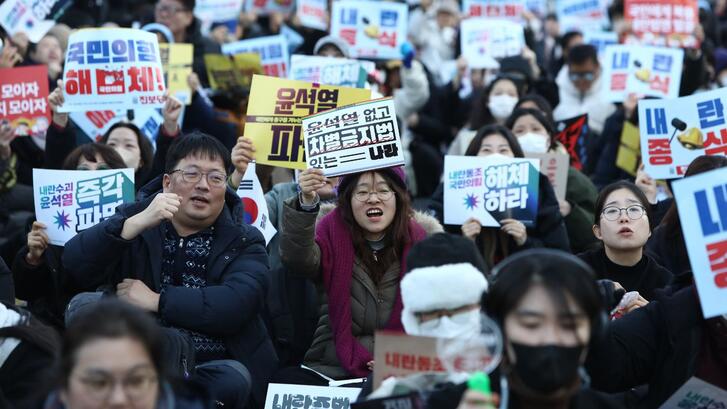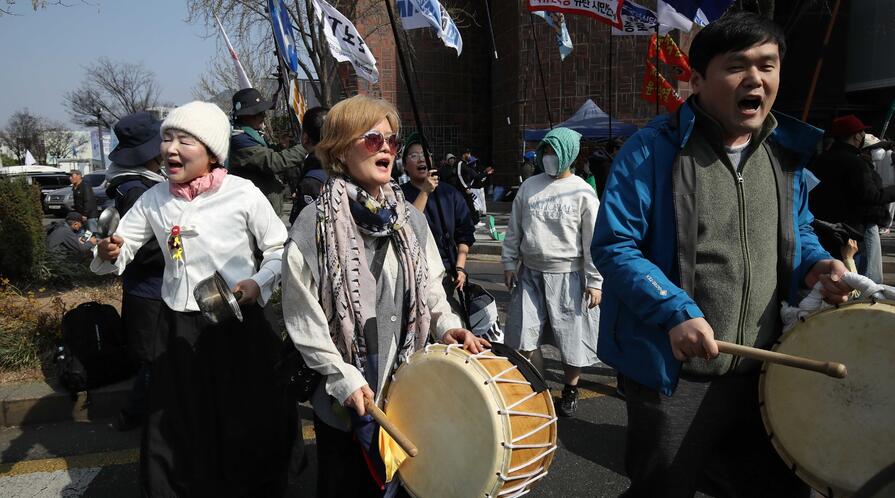This opinion piece originally appeared in Nikkei Asia
Addressing a joint session of the U.S. Congress two weeks ago, Japanese Prime Minister Fumio Kishida cracked a joke about how he has rarely received such a warm welcome from the Diet back in Tokyo.
Indeed, while many observers saw his trip to the U.S. as a great success, back in Japan, Kishida is facing tough problems.
His biggest headache right now is the ongoing scandal around the funding of factions of his ruling Liberal Democratic Party (LDP). Kishida's achievements in foreign affairs, such as the successful hosting of the Group of Seven summit in his hometown of Hiroshima last year, and his trip beforehand to Kyiv to meet Ukrainian President Volodymyr Zelenskyy, have often been more than offset by domestic setbacks.
These have included the exposure of close links between LDP politicians and the controversial Unification Church, Kishida's unpopular decision to hold a state funeral for assassinated former Prime Minister Shinzo Abe, and the chaotic rollout of a new national identity card.
As a result of such troubles, Kishida's public approval rating is hovering at a historic low. With voters going to the polls this weekend to elect new Diet members to fill three vacant seats, the LDP is not even fielding its own candidate in two of the races, and appears to be struggling in the third district although it is usually a party stronghold.
The factional funding scandal could have a lasting impact on Japanese politics. Factions have been central to governance and the distribution of key posts within the LDP since its founding in 1955.
The LDP's factions are relatively unique in that they command members' near-total commitment in respect to parliamentary votes and other key decisions, which are provided in exchange for the factional organization's financial support for operations and campaigning.
Fundraising parties have been an embedded element of the LDP's factional system. These worked in a straightforward manner: The more party tickets politicians could sell, the more money that would come in to their faction.
Individual top ticket sellers would also be rewarded with greater influence by their faction. Large factions, like the one previously headed by Abe, benefitted from selling a large number of party tickets.
This practice was largely legal, as long as the money raised was reported in accordance with the country's extensive election laws. In the current scandal, the problem was that some factions significantly underreported ticket sales.
Such moves, likely with the approval of faction leaders, allowed the factions and their members to evade limits on accepting contributions from individual donors and escape restrictions on how the funds could be used. Abe's faction and a faction headed by former party Secretary-General Toshihiro Nikai are considered to have been the most egregious violators, and their current leaders have been punished accordingly by Kishida.
Kishida has made a couple of bold moves in his handling of the scandal, particularly his decision to voluntarily testify to the upper house's political ethics committee when most other LDP officials resisted appearing, and his move to dissolve his own party faction in response to criticisms about underreporting of its fundraising.
Other factions were then, in effect, forced to follow suit, to the extent that only one of the party's six factions has held back from announcing its dissolution. This could thus be the end of LDP factional politics as we have known it, a development that could transform Japanese politics in a more policy-oriented direction.
As the head of the only faction left standing, former Prime Minister Taro Aso has become even more powerful. He now is not only a critical partner behind Kishida's current administration but also a potential kingmaker for the next government.
Another party figure commanding great influence these days is Yoshihide Suga, whose 2020-2021 prime ministership is being favorably revaluated. He began pushing against party factions long before the current scandal erupted and has been proven correct about their negative effects. As more LDP members become factionless, many are looking to Suga for direction.
Third, considering the severe punishment meted out to some faction leaders, it is noticeable that Nikai and Koichi Hagiuda have been left relatively unscathed.
Nikai shrewdly preempted the announcement of punishments by declaring that he would retire from politics. Hagiuda notably received the lightest punishment among the five top leaders of the Abe faction, likely reflecting Kishida's calculations that he might need his support ahead of September's LDP presidential vote.
The upshot of all this is that factional politics have been transformed but voting blocs will still be important. Kishida's flattening of the LDP party organization could give him more direct influence over many of the party's legislators. The weakening of the factions also means that individual politicians will be able to vote on legislation based on their own judgment rather than the preferences of their faction leader, which could potentially improve the policymaking process.
Yet media reports suggest the factions are moving quite slowly to actually dissolve themselves and dismantle their infrastructure. Only time will tell whether factional politics have been made a thing of the past or whether they will resurface in the LDP in a different form.
September's party leadership vote will give us a great indication of where things are going. Will Kishida be rewarded for rolling the dice on faction dissolution, or will it bite him in the back as Aso, Suga, and others summon the support to topple the prime minister?
In any case, a major transformation is taking place within the LDP, Japan's dominant party since its founding. The results could have a lasting impact on the country's politics.
